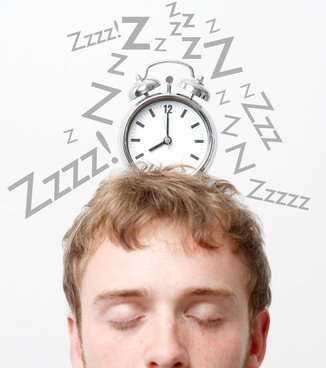Anxiety is very common in Australia and is the most prevalent mental illness experienced.
Here we talk about what anxiety is and some common experiences faced by people who deal with anxiety on a day-to-day basis.
Do you think you may have anxiety?
Here we will talk more about symptoms, experiences and some strategies to help lower anxiety.
There are different types of anxiety but the main features are worry or panic that does not go away for an extended period. To help us understand anxiety and the experience of it remember the 3 P’s:
- Pronounced: Anxiety is distinctly different to everyday feelings and is disproportionate to the stimuli. For example, stress over an exam is a normal response but feeling like your life will end and you are the worst person as thoughts in response do not fit and would be considered an anxiety response.
- Pervasive: Anxiety is a common experience and can build up from small agitation. However to have a diagnosed disorder the experience needs to impact your level of functioning. This could stop you from completing normal tasks like completing homework, finishing a work project or socialising with other people.
- Prolonged: Anxiety does not stop quickly and can take more than 8-10 minutes to slow down without useful strategies. For example, being scared by someone moves from fear to reassuring yourself quickly that you are safe. However, with an anxiety response, your response time in returning to a calm state takes longer.
The three P’s can help us distinguish anxiety from fear and stress which can easily be misused by people.
What is fear?
Fear is a normal response to a stimuli that is dangerous and prompts us to take flight, fight or freeze in the morning in order to survive. An emotion should naturally rise and fall. For example, when fear is experienced, you react and then this falls when you feel safe again. An anxiety response to stimuli is considered a phobia. The most commonly heard of phobia is arachnophobia or fear of spiders.
What is stress?
Stress is a bodily response to an upcoming event that needs attention and prompts action to complete a task. Stress can be positive in motivating someone to work on homework or complete a task or it can be negative in that it overwhelms. Everyone can have periods of stress in their life and this does not mean the person has anxiety.
So what is anxiety?
Anxiety is a bodily response that is pronounced, pervasive and prolonged and is felt physically in the body.
So the ‘what is anxiety’ question is common, as we often mix up fear, anxiety and stress. We hope that this article can help make this clearer.
There are a number of symptoms associated with the experience of anxiety. Some may be present constantly, others may change in intensity over time.
Anxiety symptoms include:
- Restlessness, or feeling ‘on edge’
- Being easily fatigued
- Difficulty concentrating, or your mind going blank or being easily distracted
- Difficulty focusing on anything other than the issue that is causing stress
- Irritability
- Muscle tension
- Sleep disturbance
All experiences of anxiety are personal and can be different each time. However, usually there is a particular way it plays out for a person. Symptoms might be quite subtle in nature or intense and recognising them at the subtle end can be a challenge.
So do I have Anxiety?
If you have answered yes to some or all of the above symptoms, and you understand what the 3 P’s look like for you, it is quite possible that you experience anxiety.
Let’s be clear, though. This does not mean that you have a diagnosed disorder. Because there are different types of anxiety disorders, and criteria that need to be met. Again, it can come up at different times of your life, so you may answer ‘no’ to the ‘do I have anxiety’ question now. However, this may change in future.
We have put together some blogs for you to read through about some common anxiety disorders.
Have a read through. We are also available to talk through your symptoms and experience over the phone. Contact us today to discuss whether counselling might be beneficial to you.



